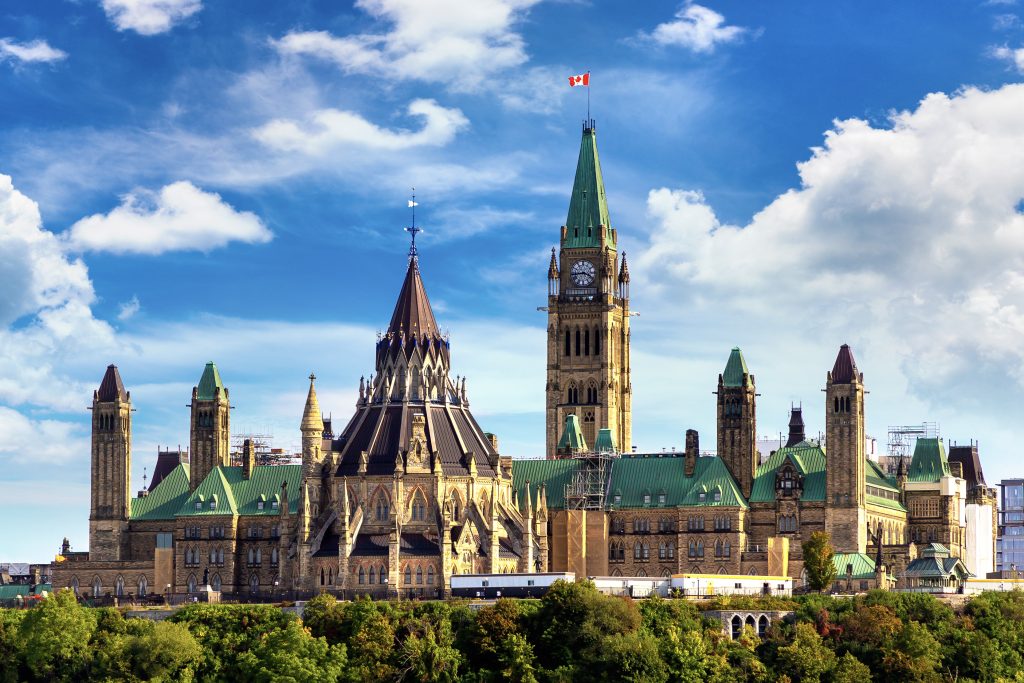Spring is normally the most active period for Canada’s real estate market – the arrival of warmer weather triggers an increase in buying and selling activity across the country. In 2024, the traditionally-busy spring market kicked off early and is facing additional pressure, as homebuyer hopefuls who have been sitting on the sidelines jump back into the market ahead of anticipated interest rate cuts, and the tight competition and higher home prices that will inevitably follow.
Royal LePage® is forecasting that the aggregate1 price of a home in Canada will increase 9.0% in the fourth quarter of 2024, compared to the same period last year. Based on stronger-than-expected first quarter results, the previous forecast has been upgraded nationally and in most major markets.
“Consistent with our previous forecast, the market did reach a critical tipping point in the first quarter of 2024, when home prices bottomed out and began to appreciate again. Clearly, more and more buyers are motivated by the need to get ahead of rising home prices, rather than adopting the strategy of waiting for mortgage rates to fall,” said Phil Soper, president and CEO, Royal LePage.
How did home prices perform in Q1?
According to the Royal LePage House Price Survey, the aggregate price of a home in Canada increased 4.3% year over year to $812,100 in the first quarter of 2024. On a quarter-over-quarter basis, the national aggregate home price increased 2.9%, an indication that sidelined buyers are rebooting their real estate purchase plans ahead of expected interest rate cuts, as predicted in January.
When broken out by housing type, the national median price of a single-family detached home increased 4.5% year over year to $845,300, while the median price of a condominium increased 3.5% year over year to $591,900.
Toronto and Montreal home price appreciation to outpace Calgary
The aggregate price of a home in the greater regions of Toronto and Montreal are forecast to increase 10.0% and 8.5% year over year, respectively, in the fourth quarter of 2024, outpacing price gains in the city of Calgary, which was previously expected to see the greatest increase in home values this year.
“Last year, while property values dipped in most markets across the country, the Calgary real estate market bucked the trend and continued to record home price gains. While activity levels remain strong and prices continue to rise in Alberta, our research indicates that buyer demand, relative to available inventory, is strongest in the two largest urban centres in the country. We now expect Toronto and Montreal to log the highest home price appreciation this year,” added Soper.
This sustained price appreciation is expected to close the gap between the country’s two most expensive real estate markets, Toronto and Vancouver. While Vancouver remains the nation’s most expensive market today, Royal LePage predicts that the aggregate price of a home in the GTA will surpass Greater Vancouver in the second half of 2024.
Busy spring, busier fall, on the cards for 2024
Within the first months of the new year, the Canadian housing market has already recorded solid price appreciation and higher sales activity. Starting in July of 2023, the Bank of Canada has held rates steady through six review periods. This has prompted many homebuyers to come off of the sidelines in advance of what they expect will be a more competitive spring market that will drive home prices higher.
“Given the strong start to 2024, the cadence of the market for the balance of the year points to a normally busy spring market that will lead into an uncomfortably busy fall. It is clear we are rapidly transitioning away from a buyers’ market and back to an environment where the seller has the upper hand,” noted Soper.
Read Royal LePage’s first quarter release for national and regional insights.
First quarter press release highlights:
Among major regions, Calgary recorded highest year-over-year aggregate price appreciation (9.7%) for the second consecutive quarter; increased 1.9% on a quarterly basis
89% of regions in the report recorded quarterly price appreciation in the first three months of the year, ahead of the traditionally busy spring market period
Royal LePage expects home prices in the Greater Toronto Area will surpass those in Greater Vancouver in 2024











